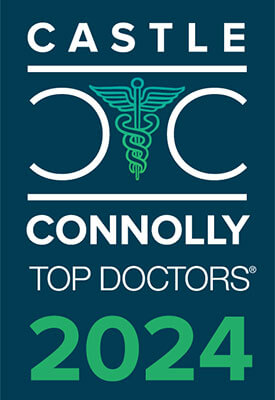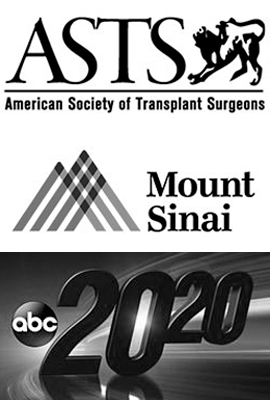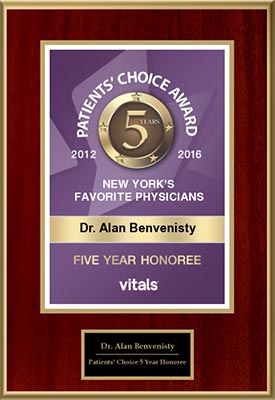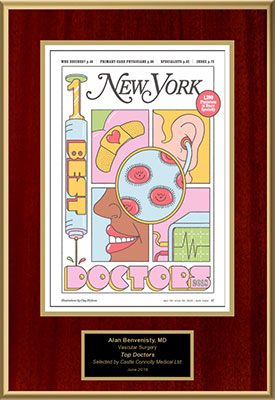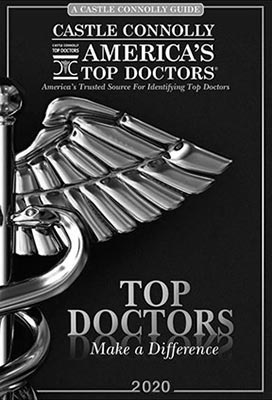Are You Concerned About Having a Stroke?

When the blood supply to the brain is hindered, the tissues of this vital organ are starved of oxygen and essential nutrition. It doesn’t take brain cells long to die when deprived of what they need. As a result, an individual experiencing these symptoms may suffer an ischemic stroke.
Time is a crucial factor in preventing brain damage and other issues associated with a stroke. Therefore, the stricken individual must receive prompt treatment. Otherwise, there is a risk of disabilities and complications arising.
Stroke Symptoms
Issues with communication such as speaking, or comprehension are early signs of stroke. You may become confused, begin to slur words, or experience paralysis of the face, arm, or leg. This symptom can also express as numbness or weakness in the same parts of the body or face.
The mouth drooping on one side is another potential sign of a stroke. This is usually more apparent when attempting to smile. Vision can become impaired, blurred, or begin to fade into blackness. Sudden onset headache, coupled with vomiting, can occur due to a stroke.
Balance may be impacted during a stroke, causing the affected individual to stumble while walking. In addition, dizziness and difficulties with coordination typically develop at this stage. If you or another are experiencing any of these symptoms, it is time to consult with a doctor.
Transient Ischemic Attack (TIA)
Based on your symptoms, you may have experienced a transient ischemic attack (TIA). This is known as a mini stroke, which does not result in brain damage. However, as the symptoms are the same as a stroke, seeking diagnosis and treatment is recommended.
A blocked blood vessel is the main cause of ischemic stroke. There is a broad range of health conditions that may put you in the high-risk group. Obesity, sleep apnea, high blood pressure, high LDL cholesterol levels, certain cancers, and autoimmune disease are just some of the comorbid conditions that increase the likelihood of a person suffering a stroke.
Contact Dr. Benvenisty if you have concerns about your vascular health at his Amsterdam Avenue offices today.
Posted on behalf of
440 West 114th St, Second Floor
New York, NY 10025
Phone: (212) 523-4706
Monday & Friday 9:00 AM – 5:00 PM


